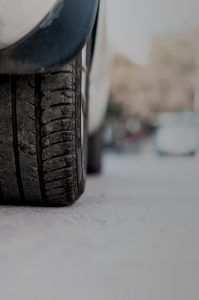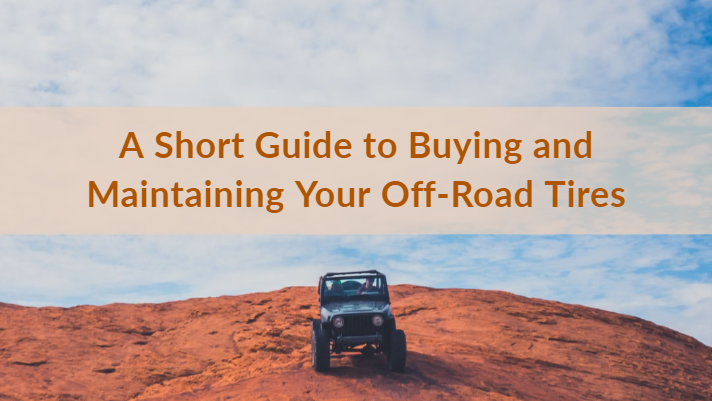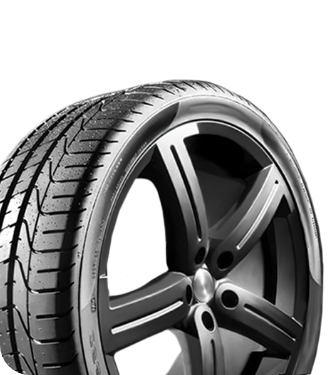

How Hard Braking Can Damage Your Car
Maintenance |Brakes are a crucial component to the overall functioning and safety of our vehicles. As such, we all use them every day without so much as a second thought. But, believe it or not, there’s more to applying the brakes than simply hitting the pedal. In fact, how you hit the brakes can have a serious effect on your car’s condition as a whole. This is how hard braking can damage your car and why it’s important to nip this habit in the bud.
INCREASES THE LIKELIHOOD OF AN ACCIDENT
Though you might be hard braking to avoid an accident, it’s also among the surest ways to get into one. This is because when you slam on your car’s brakes, the wheels immediately lock up and start to slide. Your car will continue to move as long as it still has momentum, and, if you’re close enough to the vehicle in front of you, you’ll still hit it. When that happens, you’ll have more damage to deal with than just the brake lines themselves.
REDUCES GAS MILEAGE
Braking harder than needed can also reduce your vehicle’s gas mileage over time. This is because you’re using more fuel at a time and reducing your car’s ability to utilize it properly. Studies have shown that this practice can lower your highway fuel economy by up to 30 percent. So, if you want your car to still run efficiently, breaking this habit is the best thing to do.
UNNECESSARILY TRIGGERS ABS
Hard braking can damage your car as well by triggering its ABS, or anti-lock braking system. Modern cars utilize this feature to keep their tires from fully stopping—even when you completely slam on the brakes. This is to help counteract the potential damage you’re inflicting on the car and to prevent roll-over at high speeds. However, triggering the ABS in situations that don’t need it can also damage your car by leaving you with a less-responsive brake pedal after the fact.
OVERHEATS BRAKE PADS
Braking too hard can even damage the brakes themselves. Since car brakes work by establishing an increased amount of friction between the pads and the wheel axles, those pads experience wear as well. This means that they eventually wear down to nothing and become ineffective at slowing the vehicle down. Braking harder even causes the brake pads to overheat, which makes them deteriorate even faster.
CAUSES ADDITIONAL WEAR ON TIRES
Ultimately, the majority of the damage that can occur when you hard brake is to your tires. As mentioned previously, this action attempts to lock the tires before they come to a full stop, leading them to slide along the pavement until they lose momentum. Even if your vehicle is equipped with an ABS, this still results in substantial wear to your front tires, which decreases their overall traction and longevity.
If excessive or harsh braking practices have caused significant wear on your tires, reach out to RNR Tire Express to get them replaced. Our tire shop in Savannah, Georgia, is equipped with a wide variety of new tires to suit your driving needs.





